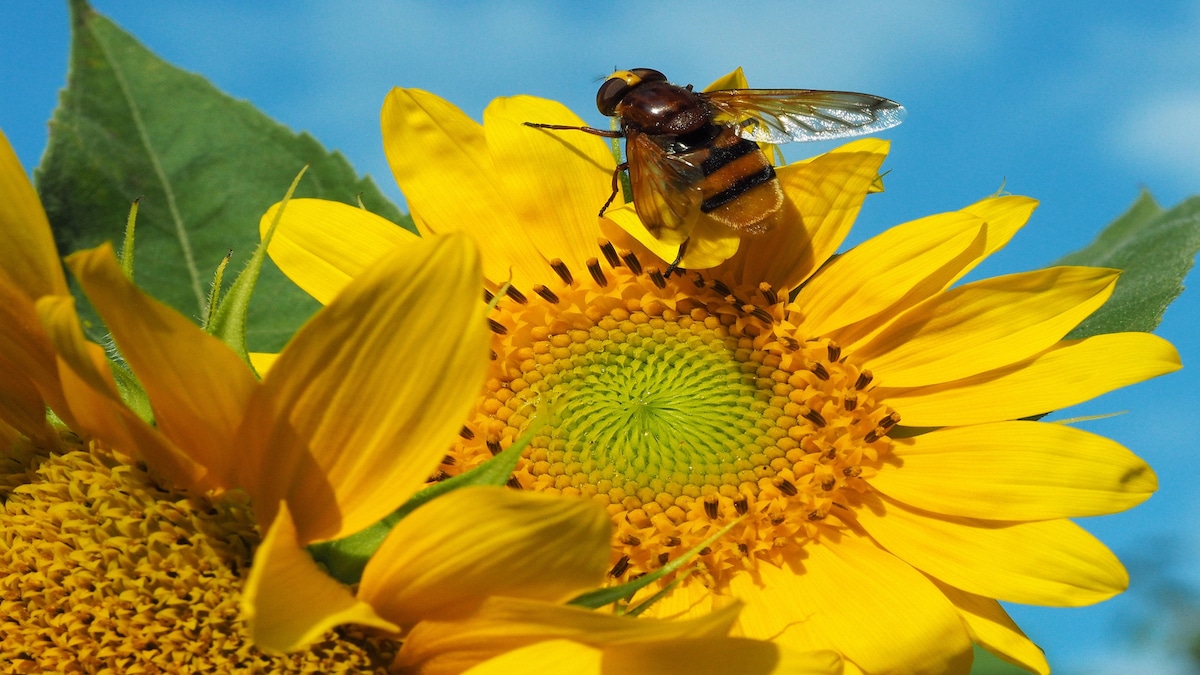

The U.S. Environmental Protection Agency (EPA) is expected to approve a proposal to extend the use of four neonicotinoids for the next 15 years. These pesticides are known to be especially dangerous for essential pollinators, like bees and butterflies, and have been linked to the widespread decline of insect populations.
Despite citing the pesticides imidacloprid, thiamethoxam, clothianidin and dinotefuran as “ecological risks of concern, particularly to pollinators and aquatic invertebrates,” the EPA is prepared to approve their use in agriculture for at least 15 more years. Neonicotinoids are insecticides meant to kill insects on crops, but they also kill unintended insects.
These pesticides aren’t just applied to the surface of plants. According to the European Commission, neonicotinoids are systemic pesticides that are absorbed by the plants and sent to all parts of the them, including the stems, leaves, flowers, nectar and pollen.
Neonicotinoids are toxic to invertebrates and damage their nervous systems. They can lead to paralysis and death for many insects. They have also come under scrutiny for their ability to leach into the environment and their high water solubility, according to Cornell University’s College of Agriculture and Life Sciences.
These pesticides are widely used in U.S. agriculture and are applied to over 150 million acres of farmland in the country. As such, these areas have become 48 times more toxic than they were just 25 years ago, as reported by The Guardian.
“We are already seeing crashes in insect numbers and we don’t have another 15 years to waste,” Nathan Donley, environmental health science director at the Center for Biological Diversity, told The Guardian. “It’s frustrating to see the EPA go down this path. We really are at a crossroads — we can follow the science and the rest of the world or we can go out on our own and appease the chemical industry.”
Some states, including Connecticut and New Jersey, have restricted use of the neonicotinoids, but an extension of their use by the EPA would boost national use of these chemicals.
The EPA is currently reviewing risks of neonicotinoids and expects to share the findings by late 2022. But although the EPA says it is committed to protecting pollinators, it isn’t likely for the U.S. to adopt tough bans on these pesticides, like the ban in the EU. Instead, the EPA notes, “As EPA completes risk assessments for the neonicotinoids, the Agency will pursue risk mitigation, as appropriate.”
Neonicotinoids were developed in the 1990s and quickly became popular due to marketing that noted they can be used to control pests and boost crop yields. But some studies show these pesticides provide little benefits to crops while leaving devastating impacts on the environment.
“These insecticides are not helping the productivity of crops on fields — it seems an amazing effort to blanket all these acres with something that doesn’t have a return on investment,” said John Tooker, an entomologist at Penn State University. “These seeds are marketed so well to farmers that they become scared they will have a catastrophic outbreak of pests if they don’t use them, even though this is unlikely. It has contributed to this toxic landscape across the country.”

 233k
233k  41k
41k  Subscribe
Subscribe 